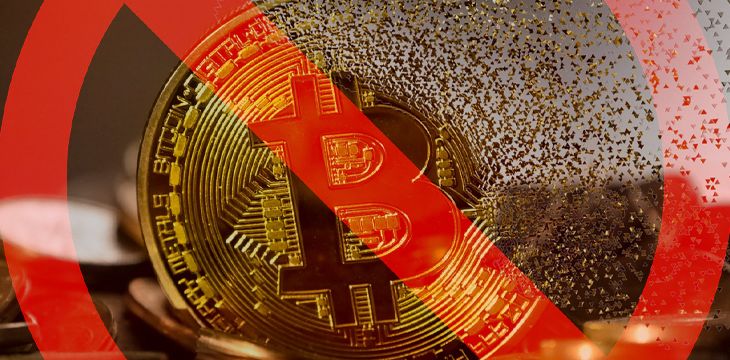|
Getting your Trinity Audio player ready...
|
The Indian digital currency market has been one of the most aggressively-growing in the world. Despite restrictions from the Reserve Bank of India (RBI), the number of digital currency enthusiasts in the Asian country has skyrocketed in recent months. CoinDCX, one of the leading exchanges in India recently talked to CoinGeek about the state of the market, the best way forward for regulators and its continued efforts to educate the masses about digital currencies.
As CoinGeek reported, the Indian Finance Ministry has proposed a new law that could effectively ban digital currencies in India. The proposed law is the latest effort by the government to curb the use of digital currencies in the country. It comes just three months after the industry won a legal battle against the RBI at the Supreme Court.
At the time, the industry greatly celebrated what was a significant victory. Sumit Gupta, the CoinDCX co-founder and CEO told CoinGeek, “The Supreme Court’s overturn of the banking restriction on the crypto industry in March helped to bring additional credibility to the purchase and use of cryptocurrencies in India. CoinDCX was the first Indian exchange to enable bank transfers. This meant that Indian users could finally buy cryptocurrencies through Indian Rupees (INR) with their own bank accounts on our exchange. This resulted in a 10x increase in user signups, and 47% growth in trading volumes in Q1 alone.”
CoinDCX also launched #TryCrypto, an initiative that sought to educate the masses about digital currencies. The exchange put in $1.3 million into the initiative.
However, three months later, the government is reportedly considering a blanket ban on the market. Despite the bleak outlook, Gupta is confident that the government will come to a favorable decision for the industry. He believes that once the government conducts consultations with all the relevant stakeholders, the antagonistic stance will change.
Regulate, don’t ban, he said.
Gupta told CoinGeek, “Smart and sensible crypto regulations are the right way forward, and CoinDCX will be prepared to foster open and transparent dialogue with the government in order to present our case for the future of crypto in India.”
Gupta downplayed reports that many digital currency companies have been denied access by the banks. There have been isolated cases where exchanges have had issues with their banks, but most business have been able to access banking services, he stated.
This new cooperation between banks and exchanges has been crucial. For CoinDCX, integrating the Indian rupee saw a huge spike in both signups and trading volume.
He concluded, “We believe that as traditional actors are increasingly confident in the potential of cryptocurrencies, and as regulations surrounding their use and purchase are made increasingly clear, we will see an uptick in the number of traditional actors crossing into the cryptocurrency space and more pronounced collaboration between traditional players and emerging technology advocates.”

 02-19-2026
02-19-2026 




